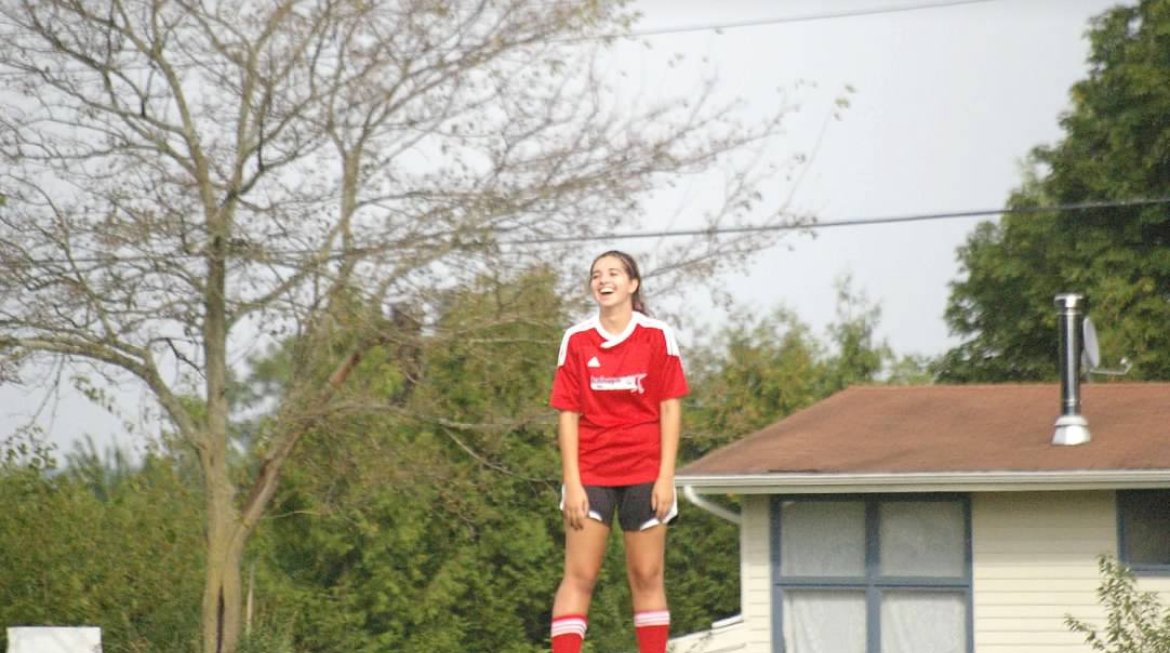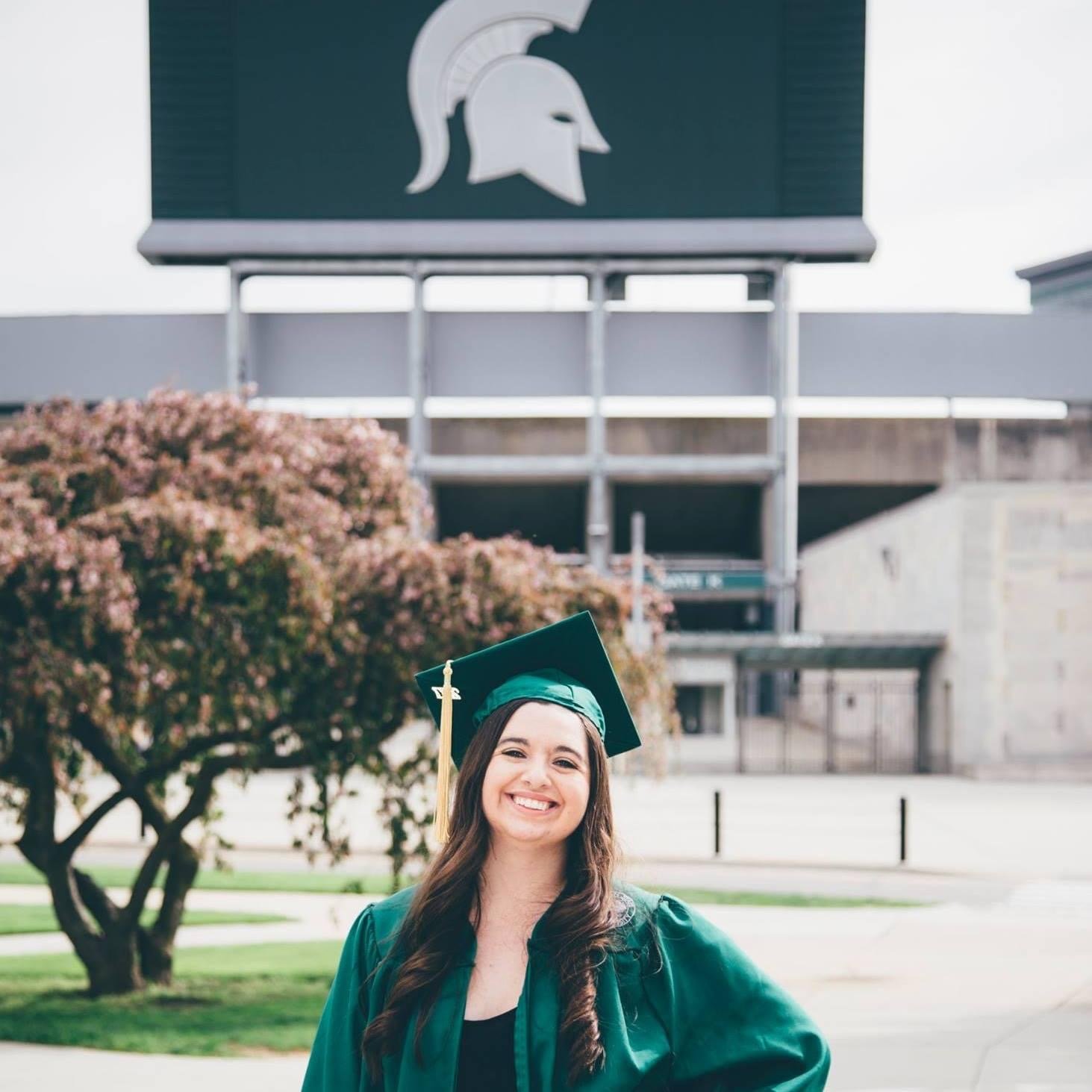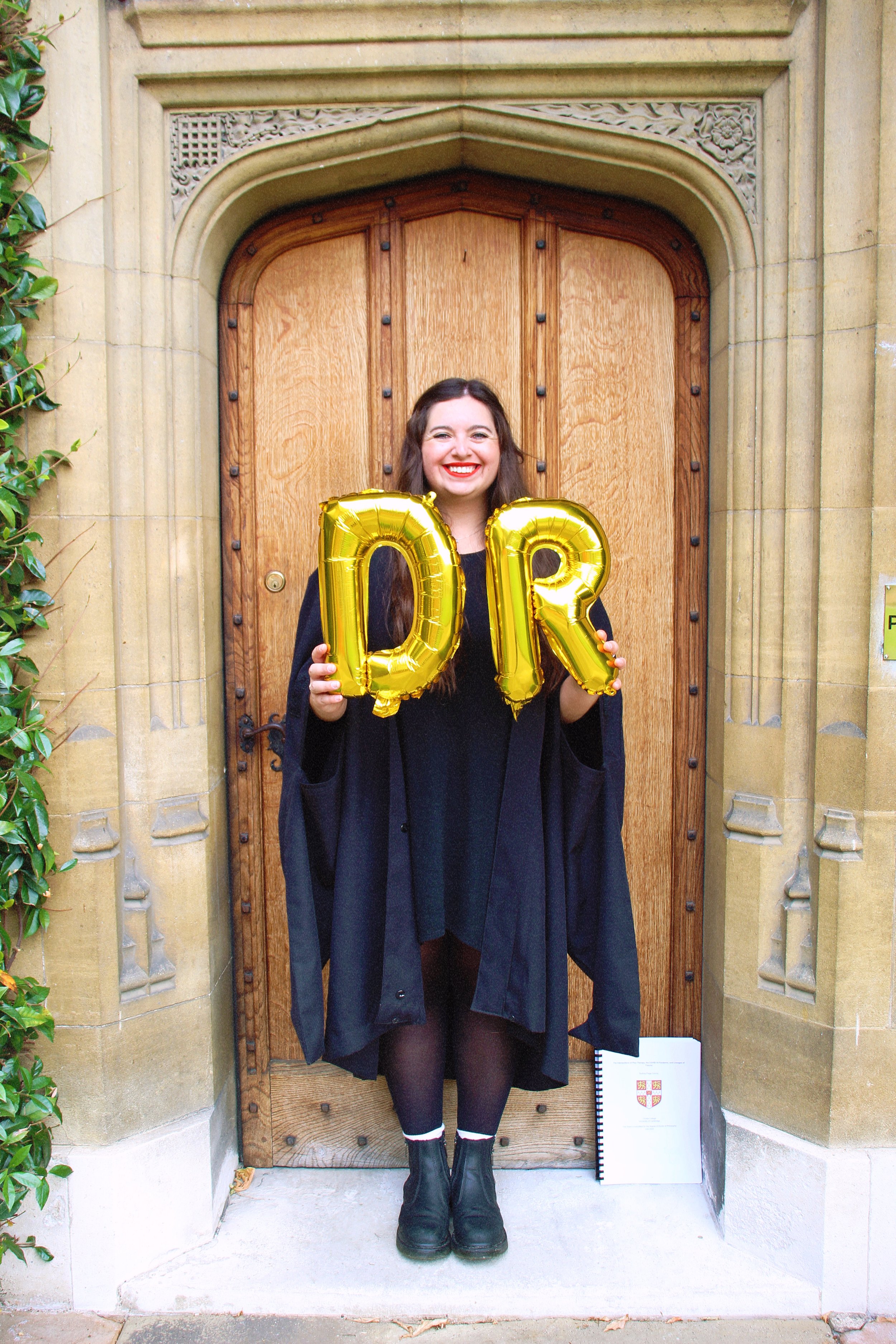Sydney’s Story
I have always been what people would label as ‘sensitive’ and ‘emotional’ and meant often in a derogatory way. This deeply informed the way I moved through the world - how I began to value academic accomplishments, how I learned to be quiet about what I have now come to know as preemptive nostalgia, how I connected with people and how I disconnected with myself. I was often known as the ‘mom’ friend of my early life friend groups in both California & Michigan and spent much more time trying to be helpful to others than I did trying to get to know myself.
My path to my first degree in psychology originated from those life experiences. One of the first times I was asked seriously in high school “what do you do / what do you want to major in”, all I could manage was ‘I want to help people’. I went to Michigan State University for psychology with a minor in Peace & Justice Studies (made possible by the generous Kalamazoo Promise) before realizing that I could only sit across from people in a therapy room if I went to get my masters. My second degree in psychology was a reaction to the reductionistic attitudes that can come from a research heavy institution who are always focused on how to operationalize something for study - I went straight into the arms of existential-phenomenology (a philosophy focused psychology program at Seattle University). This was a homecoming to me in many ways, a way to think about people’s lived experience that was so deeply humanizing.
While training as a therapist in that program, I was working part-time at a therapeutic preschool in Seattle where I watched play transform the mood and quality of life of the child I worked one-on-one with. It was there I learned about play therapy. And back to school I went, before even finishing my master’s degree. A licensed therapist in the state of Washington, and certified in play therapy, I practiced virtually with children & their families during the COVID-19 pandemic lockdowns. It was during those almost two years that I developed, applied, and was accepted to the University of Cambridge to do a PhD with the Centre for Research on Play, Education, Development, and Learning (PEDAL) on the topic of the mental health impacts of the COVID-19 pandemic.
I left Seattle for Cambridge with more roller luggage than I could carry and a list of non-negotiables for my time PhDing that included taking two days off every week, staying in touch with my creativity & the feeling of reverence, and asking myself “what is the most gentle & beautiful way that I can get through this work?” whenever possible (often times every morning in the last year!). By holding true to that list, I started creating content on social media under the username A Cambridge Chronicle to demystify academia, model a different way of PhDing, and continuing with a writing & photography practice. It was through that account that ‘soft academia’ was born. Soft Academia is the foundations of what I wish I learned through my education journey: how to identify my feelings, how to know when to push through a rut or rest, how to value other aspects of my life that contribute to my educational work being sustainable, and how to ask for help. The products, events, and work I do under that brand is one way I hope to leave the world a more whole and healed place than I found it. The education system was one of the centers of painful wounds and lessons about self-worth and accomplishments and wholeness for me; I hope to contribute to that not being true for anyone else.
At the heart of all I am, I am a writer. A person who feels through the world with words leaking from my fingertips. This written version of my story is who I am just before reaching my third decade of life. I hope to share more words, rewrite and edit these stories, create new chapters, and learn in public as time passes.



